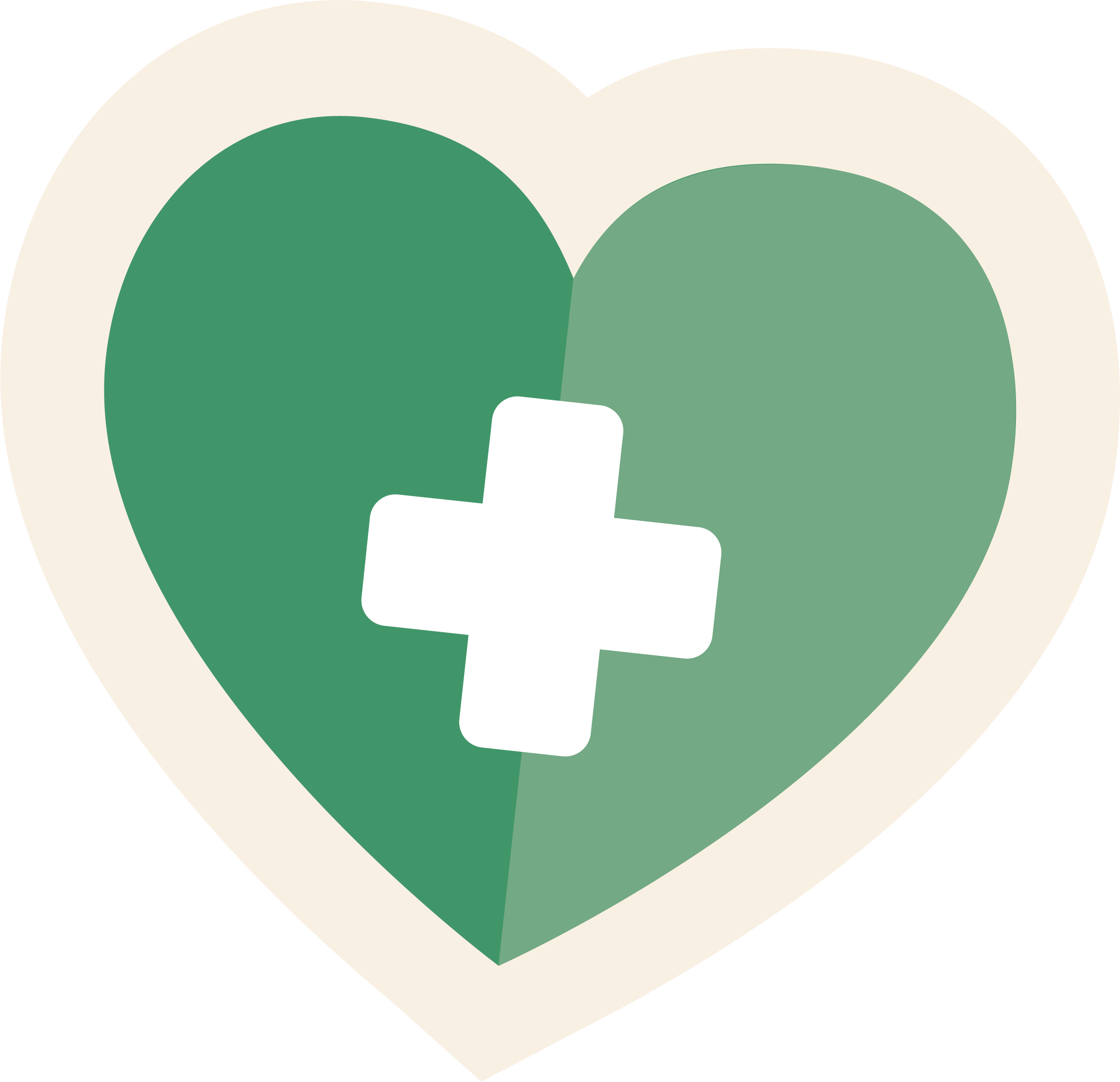Pharmacists can offer advice on a range of illnesses, such as coughs, colds, sore throats, ear infections and aches and pains. They can also give advice about medicines. This includes how to use your medicine, worries about side effects or any other questions you have. If they cannot help you themselves, they can refer you to a GP or other health professional.
Treatment from a pharmacist
Pharmacists can suggest treatments that do not need a prescription for a range of conditions. Most pharmacies can also offer prescription medicine for some conditions, without you needing to see a GP or make an appointment. This is called Pharmacy First.
Conditions they can offer prescription medicine for are:
- impetigo (aged 1 year and over)
- infected insect bites (aged 1 year and over)
- earache (aged 1 to 17 years)
- sore throat (aged 5 years and over)
- sinusitis (aged 12 years and over)
- urinary tract infections (UTIs) (women aged 16 to 64 years)
- shingles (aged 18 years and over)
If you are not within these age ranges, a pharmacist can still offer advice and support decisions about self-care treatment with over the counter medicines, but you may need to see a GP for treatment. If you go to a pharmacy with one of these conditions, the pharmacist will offer you advice, treatment or refer you to a GP or other health professional if needed. They will also update your GP health record, but your information will not be shared with anyone else.
Prescription medication
Check your repeat prescriptions regularly and order any repeat prescriptions you require in time to ensure you have adequate provision especially over the bank holiday or if you are travelling away from home. GP practices usually require 48 hours’ notice to organise a repeat prescription. You can also order your repeat prescriptions via the NHS App. The NHS App is available on the App Store and on Google Play.
Emergency prescriptions
If you have run out of prescribed medicine and need some urgently, there are a few ways to get an emergency supply, including out of hours. Find out more by Visiting the NHS website.
Prescription saving schemes
If you live with a long-term condition, you may be able to save money on your prescriptions. A Prescription Prepayment Certificate will save you money if you pay for more than three items in three months, or 11 items in 12 months.
If you are on a low income, you could be entitled to help with NHS costs or free prescriptions depending on your circumstances. Check if you’re eligible for help using the online eligibility checker. It only takes a few minutes.
- Find out more about Prescription Prepayment Certificates at www.nhsbsa.nhs.uk/ppc
- Check if you’re eligible for help with prescription costs by using the online eligibility checker at www.nhsbsa.nhs.uk/check


